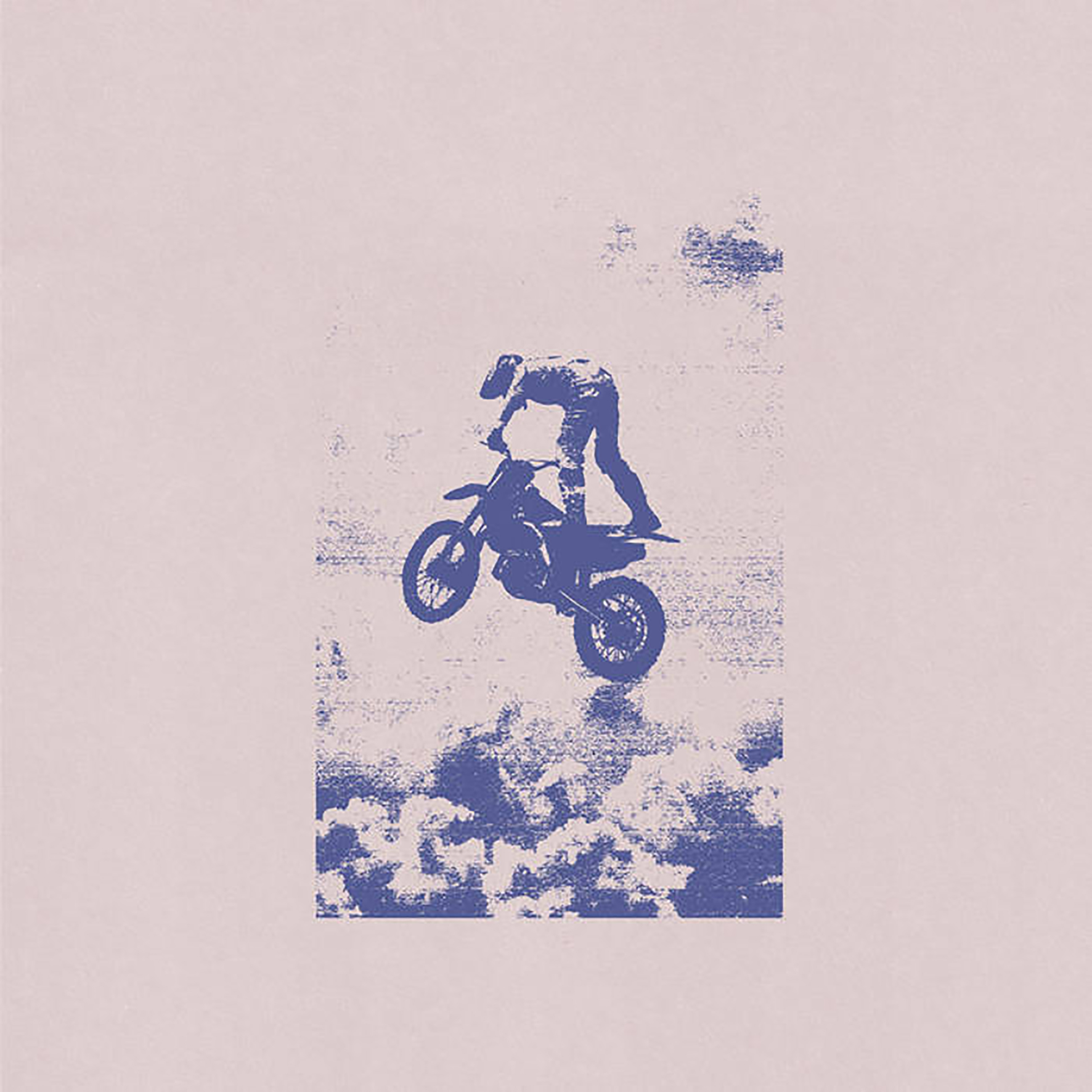 This is the debut album from a "network of New England string pluckers, organ drivers and bell ringers" centered around composer/pedal steel guitarist Henry Birdsey. This is my first real encounter with Birdsey's work, though I was vaguely aware of his duo Tongue Depressor with Crazy Doberman's Zach Rowdan. While I do not get the usual otherworldly "Just Intonation" vibe from Country Tropics' buzzing and layered harmonies, unconventional tunings have historically been a central theme in Birdsey's work, so that may be an element here too. Then again, Old Saw seems like a very different project than Birdsey's usual fare in one very significant way, as Country Tropics is billed as a unique strain of devotional music. I believe it is a secular one, however, as the album description claims "Old Saw points our gaze downward towards the terrafirma unconsidered, and guides our hands into the dirt" rather than towards a "fantastical, celestial vision of understanding." Regardless of their inspirations, Old Saw is an ensemble like no other, approximating a rustic drone or free folk ensemble like Pelt or Vibracathedral Orchestra in an especially warm and transcendent mood (albeit not so warm and transcendent as to preclude some welcome sharp edges, shadows of dissonance, and heavy buzzing strings). This is quite an excellent and unique album.
This is the debut album from a "network of New England string pluckers, organ drivers and bell ringers" centered around composer/pedal steel guitarist Henry Birdsey. This is my first real encounter with Birdsey's work, though I was vaguely aware of his duo Tongue Depressor with Crazy Doberman's Zach Rowdan. While I do not get the usual otherworldly "Just Intonation" vibe from Country Tropics' buzzing and layered harmonies, unconventional tunings have historically been a central theme in Birdsey's work, so that may be an element here too. Then again, Old Saw seems like a very different project than Birdsey's usual fare in one very significant way, as Country Tropics is billed as a unique strain of devotional music. I believe it is a secular one, however, as the album description claims "Old Saw points our gaze downward towards the terrafirma unconsidered, and guides our hands into the dirt" rather than towards a "fantastical, celestial vision of understanding." Regardless of their inspirations, Old Saw is an ensemble like no other, approximating a rustic drone or free folk ensemble like Pelt or Vibracathedral Orchestra in an especially warm and transcendent mood (albeit not so warm and transcendent as to preclude some welcome sharp edges, shadows of dissonance, and heavy buzzing strings). This is quite an excellent and unique album.
Aside from the strangely beautiful and poetic cover art of a dirt bike soaring over the clouds, Country Tropics is the sort of album that could easily be mistaken for an old private press release from a rural religious commune. I would definitely find it challenging to guess where that commune was located, however, as the vibe feels like a quaint, historic small New England town was dropped onto a sundappled Pacific coast. Regardless of where that hypothetical commune is based, Old Saw seem to be channeling something beautiful and magical in a way that is quite singular, as these four drone reveries feel simultaneously dreamlike, homespun, and earthy. Knowing that Birdsey is a serious avant-garde composer helps explain how the album ultimately turned out so texturally compelling and languorously hallucinatory, but it also feels like he consciously set out to make something pure, semi-traditional, and organically collaborative. This is kind of a "best of both worlds" situation, as the compositions themselves are simple, beautiful, and devoid of self-conscious artiness, yet they definitely sound like they were ultimately produced by someone who knows how to craft richly textured and harmonically interesting sound art.
Each of the four pieces is quite lovely in its own way, but the first two feel like the most gorgeous incarnations of Old Saw's devotional dreamscapes of bygone Americana. I honestly do not know how the ensemble conjured the buzzing backing drones for the opening "Dead Creek Drawl," as none of the instruments I think I hear (shruti box, tampura) are listed in the credits, but it all certainly sounds great nonetheless. As the piece unfolds, however, the gently churning and buzzing acoustic drones are subtly enhanced with rippling banjo arpeggios, woozily sliding pedal steel, moaning strings, and fleeting glimpses of a very cool guitar motif. The piece has a very unhurried and meditative feel that suits it well, as I do not feel like Old Saw are headed toward a destination so much as fading in and out of focus from a place of sublime bliss that I am quite content to linger in. "The Mechanical Bull at Our Lady of the Valley" initially has a more propulsive feel due to Harper Reed's rapidly rippling nylon string arpeggios, but otherwise sticks to roughly the same territory as its predecessor until some inspired new elements creep into the reverie, as it feels like someone starts prying the top off a Pandora's Box of subtle and warm psych textures (flickers of backwards melodies, twinkling and clanging bells, etc.). The remaining two pieces are cut from roughly the same cloth, which is just fine by me, as the real magic of Country Tropics is that Old Saw manage to cast and sustain a mesmerizing and immersive spell of soulful, subtly hallucinatory tranquility for nearly forty minutes. This is a quiet and modest masterpiece—the kind of album that I wish I could live inside.
Samples can be found here.
Read More

